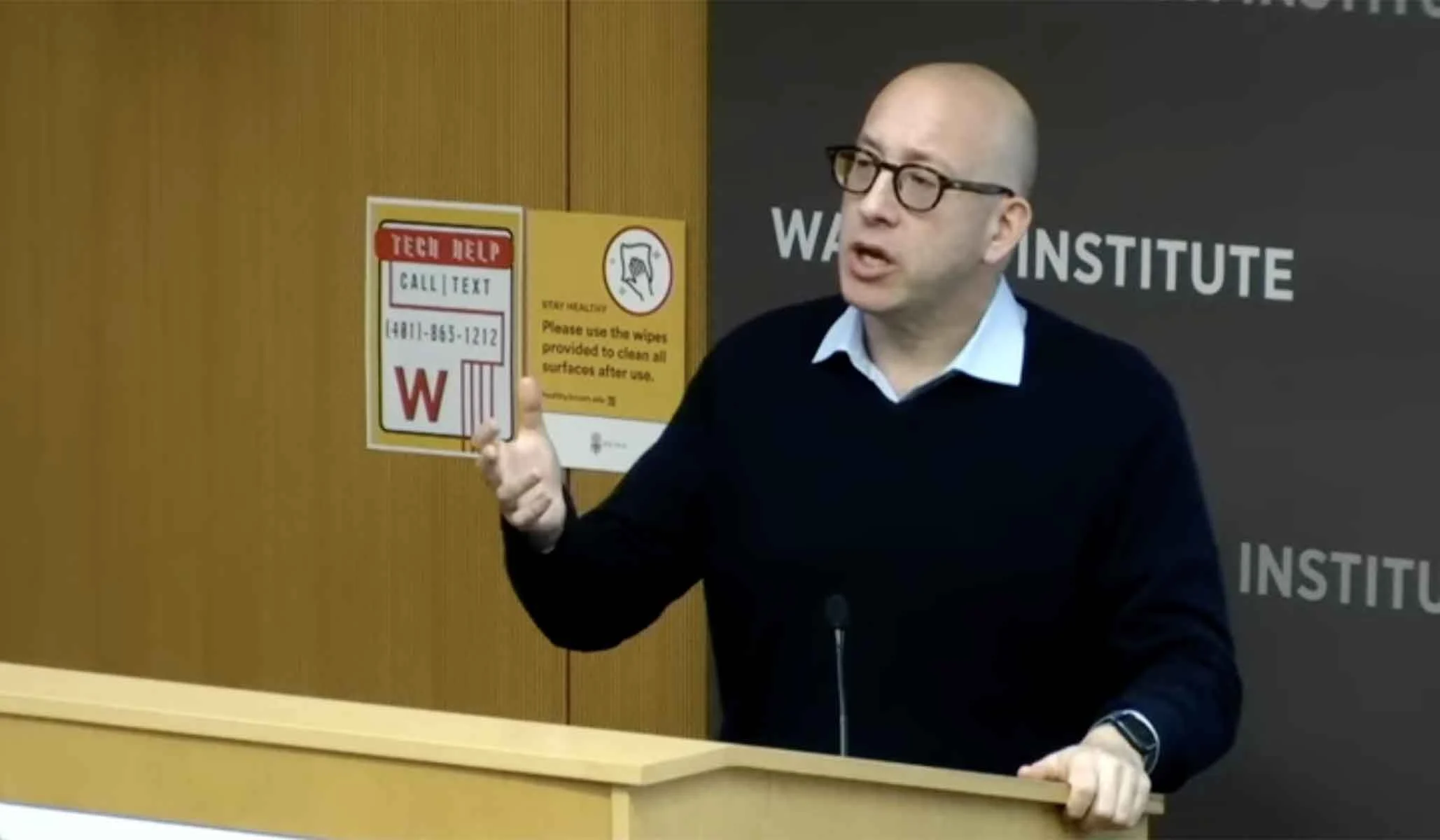Criticism of ESG (Environmental, Social, and Governance) investment and opposition to it in certain states are causing concern among those in the ESG ecosystem who have benefited politically and economically from it. The Financial Times and billionaires like Mike Bloomberg and Tom Steyer have criticized politicians for interfering in ESG issues, but ESG itself is inherently political. The article also mentions the support for ESG by Jacob Soll, a professor at the University of Southern California, who cites St. Francis of Assisi in his defense of ESG. However, citing someone who celebrated poverty may not be the most convincing argument in favor of ESG.
The article then discusses the core principles behind the criticism of ESG and its symbiotic relationship with stakeholder capitalism. These principles include a belief in property rights and democracy. Stakeholder capitalism dilutes property rights and undermines democracy. The article argues that a company belongs to its shareholders, and management’s responsibility is to run the business for their financial benefit. ESG and stakeholder capitalism, by allowing management to ignore this obligation, justify a breach of trust and the expropriation of property rights. Furthermore, decisions on issues like environmental policy should be made by the legislature in a democratic society, not by corporate power and money.
The article then delves into the historical origins of capitalism and its relationship with morality. It mentions that profit should be balanced by morality, as believed by medieval Catholic inventors of capitalism influenced by the ideas of the Church Fathers. However, the article argues that just because profit should be moral doesn’t mean that ESG is the right moral code or that others should have to comply with it.
The article concludes by discussing the potential impact of ESG on investors and the economy. It questions the sustainability of ESG’s promised higher returns and warns that the clout of large institutional investors and proxy advisory firms could push more companies towards a progressive pathway, limiting the choices of investors who don’t want to comply with ESG principles.
Overall, the article criticizes ESG and stakeholder capitalism, arguing that they undermine property rights, democracy, and the freedom of investors to make choices based on their own principles. It questions the effectiveness and moral justification of ESG and warns of the potential negative consequences of its implementation.

